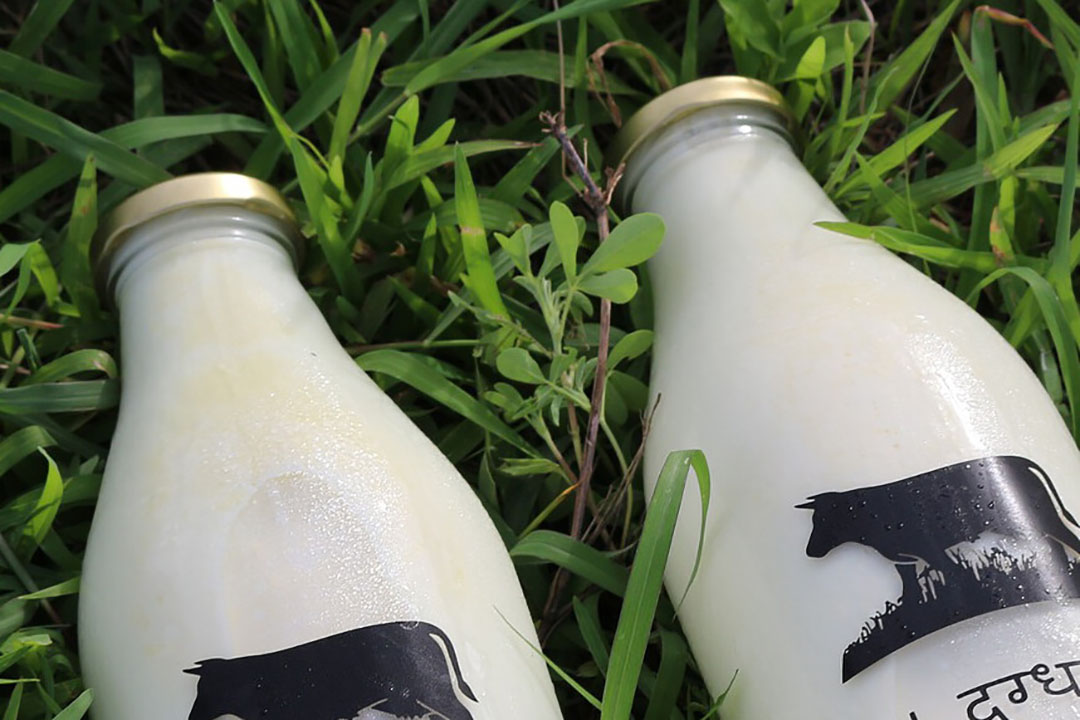- Location
- Glen Clova, Angus, DD8 4RD
That's partly why I found the info in my earlier post (#173 above) so interesting. They are advocating the destruction of the UK ruminant livestock industry for a small short-term gain while ignoring the energy hemorrhage from every UK property in heat loss.....I've mentioned this before, I think there would be a small gain (less than 2%) because of the consequences of doing away with farmed ruminants that aren't obvious to the numpties who advocate it. And that is against a background of these idiots thinking agriculture is responsible for somewhere betwee 25-50% of emissions. A US study took all of this into account, sadly I didn't take note of the study when I was listening to it being used as a reference on a podcast. And of course that tiny reduction was very temporary and would then lead to a whole host of unintended problems. Mankind is in a weird stupour right now.
The very opposite of joined up thinking!









